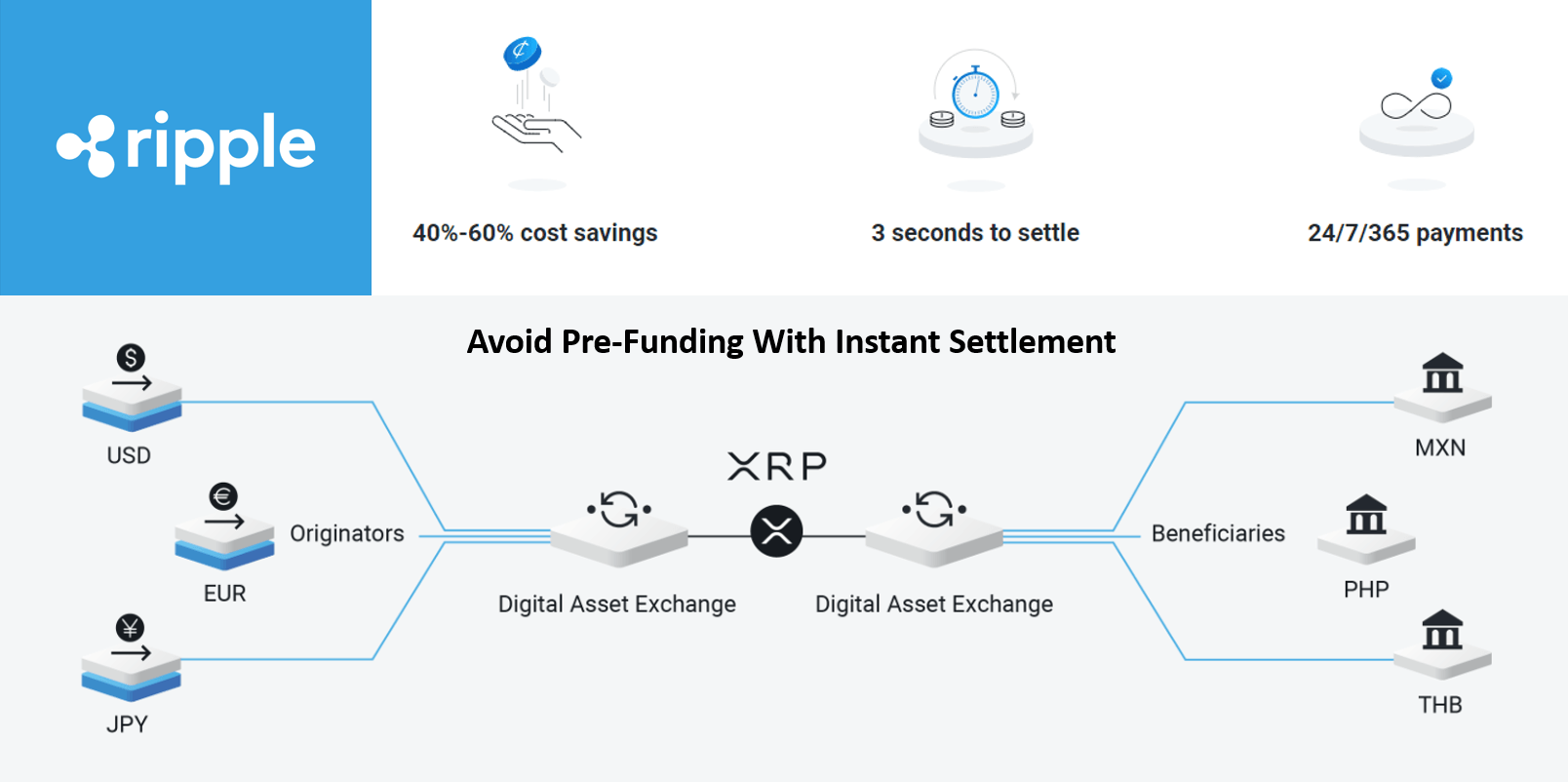Privacy Matters And More For Our Trading Choices
Blockchain (or distributed ledger) technology has the potential to drive innovation across a range of industries. The amount of people utilizing blockchain at the moment is relative to the number of people utilizing the internet in 1997, that is about 50-70 million users.
As this technology continues to develop, the concepts of confidentiality and privacy have emerged as a key area of research and development to pave the way for blockchain mass adoption. Especially for financial use cases, it is often necessary that users keep details of their transactions private. [inlinetweet]Users typically do not want the details of their income and spending to be exposed. [/inlinetweet]
In a recent survey by Greenwich Associates, [inlinetweet] 56% of the 134 market participants surveyed cited transaction confidentiality as a major security concern. [/inlinetweet] This concern is driven by several factors. In many cases, confidentiality and privacy are enforced by legislation (e.g. EU data protection legislation), regulation (client confidentiality) or contract (commercial confidentiality).
In the early days of the Web, the Secure HyperText Transfer (SHTTP) and Secure Sockets Layer (SSL) protocols emerged as competing standards for adding privacy to the Web, with SSL eventually triumphing. Expect blockchain technology to follow a similar path, with multiple competing privacy standards emerging over the next few years.
To assess different confidentiality and privacy-enabling technologies, one should eliminate the need for a trusted third party (TTP) or central authority for the record keeping and allow transaction information confidentiality.
Today, [inlinetweet] despite little evidence, many governments claim that crypto assets are being exploited by criminals and used to launder money.
[/inlinetweet] This element of criminality is being used to justify increased surveillance and monitoring.
Here are some worrying examples:
– The Facebook–Cambridge Analytica data scandal, involved personal data from over 80 million U.S. voters. This sensitive information was gathered and allegedly used by the Cambridge Analytica for political purposes.
– In a recent revelation, it was disclosed that most Google Maps users were not aware of the apps Location Services feature was tracking their every move, storing the information, and selling it on to third-parties. Those who were aware and blocked were shocked to discover Google continued to track, store, and sell their data.
“Privacy must be respected for our trading choices.”
Today most of the centralized exchanges don’t respect user privacy.
Most crypto assets are bought and traded using centralized crypto exchanges. These exchanges maintain order books on central servers and hold information about user’s trading choices or behaviors which are subject to audit by governments.
Even DEX’s fail to protect user privacy as sensitive information like receiving and sending address, and the transaction value is often saved on a public blockchain for anyone to see.
Resistance: The First Privacy-Focused DEX
“Most users struggle to protect their privacy either because they are unaware or find it challenging to navigate the process.”
In Resistance, users have the option to enable or disable its enhanced privacy features in a single click 🔐. Anyone operating on the Resistance decentralized exchange (ResDEX) has control of their transaction information and can decide whether or not it will be seen by others.
Resistance makes this possible by using zero-knowledge proofs to hide the sender address, receiver address, and transaction value.
Zero-knowledge proof explained with following example:
- Peggy knows the magic word that will open a secret door in a cave. Victor doesn’t. Shaped like a ring, on one side of the cave is the entrance, and on the other is a locked door separating two halves of the cave. Anybody entering the cave who doesn’t know the secret word will only be able to make it halfway around.
- Victor wants to find out if Peggy knows the secret word that will open the door. Peggy doesn’t want to tell him what the secret word is, but there is a way to prove she has this knowledge.
- Victor and Peggy label the paths leading off from the entrance. The left path is labeled A, the right path is labeled B. With Victor waiting outside, Peggy enters the cave, but Victor doesn’t know whether she followed path A or B.
- Once Peggy is inside the cave, Victor comes to the entrance and yells the name of the path that he wants Peggy to return on. This decision is made at random.
- If Peggy does know the secret word, then all she needs to do, if necessary, is say it, open the door, and walk along the path Victor requested.
- If Peggy were lying and didn’t know the secret word, she would only be able to return along the same path she had taken on the way in.
Victor’s random selection of A or B means Peggy, without knowledge of the secret word, would only have a 50% chance of guessing the correct answer. If this process is repeated, the probability of Peggy guessing correctly is diminished.
After 20 attempts, she would only have a one in a million chance of success. If Peggy appears at the entrance to the cave every time Victor decides on which route she should take, he can safely assume Peggy is telling the truth.
This system provides Victor with proof that Peggy is in receipt of the information she claims to know while supplying Victor with zero-knowledge of what this information is. As explained using the above example, through zero-knowledge proofs, one can prove possession of certain information without revealing what that information actually is to the verifier.
Securing transaction information and protecting from surveillance
In the case of
Additionally, users in ResDex have the option to route network traffic through Tor protecting their IP addresses and completely shielding themselves from surveillance.
Tor encrypts data and directs traffic through a distributed worldwide network of relays, or nodes, which conceal sender and recipient IP Addresses, thereby keeping users internet activities confidential.



